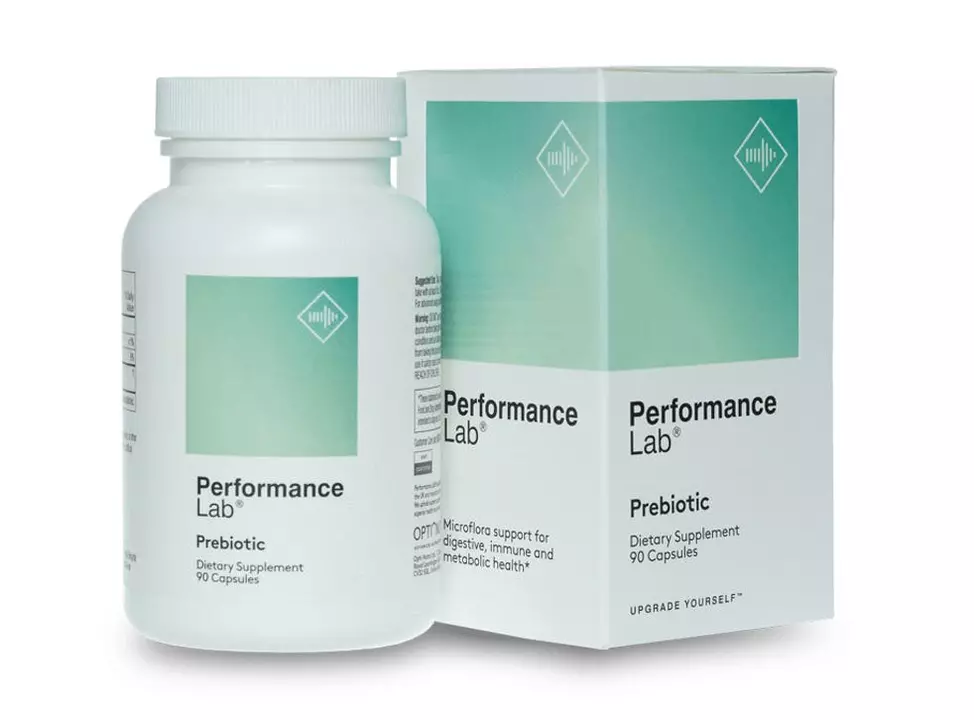Fertility: Simple checks, smart habits, and safe medication choices
About 1 in 6 couples has trouble getting pregnant. That sounds scary, but you don’t need tests or treatments right away. Start with a few practical steps that give you the best shot before calling specialists.
Basic checks and timing that actually help
First, track cycles. For women, ovulation usually happens about 12–16 days before the next period. Use ovulation kits, body temperature tracking, or a period app to find your fertile days. Have sex every 1–2 days during that window—sperm live several days, so frequent timing beats guessing.
For men, sperm quality matters. Avoid hot baths, tight underwear, and long bike rides for a few months before trying. Smoking, heavy drinking, and certain drugs can lower sperm count. If things don’t happen after 6–12 months (depending on age), get basic tests: a sperm analysis for men and a hormone or ultrasound check for women.
Medications, supplements, and buying them safely
Some meds help, some hurt. Clomiphene and letrozole are common first-line drugs for women with ovulation problems, while certain hormone issues need targeted treatment. Men may be offered hormone-modifying meds or assisted techniques if sperm tests show problems. Never start prescription fertility meds without a doctor’s plan—doses matter and side effects can be serious.
If you’re researching drugs online, focus on safety. Read guides like “How to Buy Aldactone Online Safely” or our pieces on men’s medications to know what to check: valid pharmacy contact info, pharmacist access, and real prescriptions. Watch for red flags—no prescription required, suspiciously low prices, or no clear return policy. When in doubt, ask your clinic which pharmacies they trust.
Supplements like folic acid are simple and useful—women trying to conceive should take 400–800 mcg daily. Other supplements (zinc, vitamin D, coQ10) show mixed results; they might help some people but won’t fix major problems. Tell your doctor everything you take, because some herbal or over-the-counter remedies can interfere with fertility meds.
Lastly, think short-term lifestyle wins: sleep more, cut back on alcohol, stop smoking, manage weight, and reduce stress where you can. These changes don’t guarantee pregnancy, but they improve the odds and your response to treatments.
If you want quick reading, check our articles on related meds and safe online pharmacies—real tips about where to buy and what to avoid. And if you’re worried or over 35, book a clinic visit sooner rather than later. Fertility care works best when it’s timely and targeted.

Probiotics and Fertility: What You Need to Know
- by Colin Edward Egan
- on 9 May 2023
As a blogger, I've come across some fascinating research on the connection between probiotics and fertility. It turns out that having a healthy gut can actually improve your chances of conceiving. Probiotics help balance the good and bad bacteria in our digestive systems, which can lead to better overall health, including reproductive health. I highly recommend looking into incorporating probiotics into your daily routine if you're trying to conceive. It's a simple and natural way to potentially boost your fertility!
